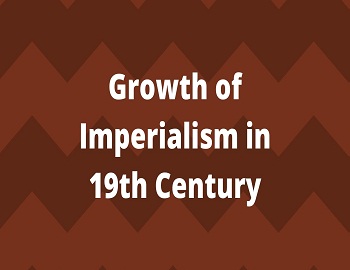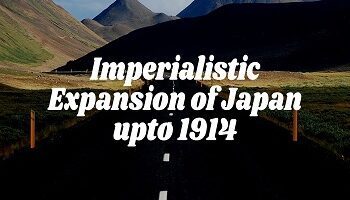Plombiers Agreement:
Emperor Napoleon III had been staying near Sardinia for a month. Without any formal invitation, Cavour reached Plombiers. As a result of a meeting between Cavour and Napoleon III, an agreement was arrived at between France and Sardinia. The following decisions were taken in the agreement.
(1) Napoleon promised to send 2 lakh soldiers to help Piedmont in case Sardinia started a war against Austria in order to expel Austria from Italy.
(2) Lombardy, Venetia, and other parts will remain with Sardinia after the expulsion of Austria from Italy. The boundary of Sardinia will be extended from the Alps to Adriatic.
(3) Cavour assured Napoleon to concede the regions of Savoy and Nice to France in lieu of Napoleon’s help to Sardinia.
(4) It was decided that a new state would be carved in Italy by combining Aumbria and Tuscany and Prince Jerome Bonaparte would become its ruler.
(5) It was also decided that both Naples and Sicily and Papal states would enjoy their earlier sovereignty.
(6) It was decided that Victor Emmanuel’s daughter Clothide would be married to Napoleon’s cousin Prince Jerome Bonaparte in order to strengthen the bond of friendship between France and Sardinia.
According to the terms and conditions of the above treaty, a plan was chalked out to divide Italy into four states and put them under the umbrella of the federation. Cavour did not want to split Italy into four states. Then why did he sign the treaty? Cavour had derived a lesson from past circumstances. Grim incidents of 1848-49 were alive in his mind. Incidents of Costeiga and Novara had proved that Italy alone could not expel Austria out. In the Paris Conference of 1856, Cavour had discerned that Austria would not give up its hold on Italy without war. Therefore, foreign help had become imperative for Italy and no condition appeared to be excessive in exchange for help. By the way, Cavour preferred help from England but England was supporting Austrian power and empire. It was imperative for England to keep Austria powerful in order to put a check on the power of France and Russia. England anticipated the picture of the unification of Italy as triumphant Napolean III, vanquished Austria, and powerful, consolidated Italy. Under those crucial circumstances, it was a rewarding and comforting fact for Cavour that he succeeded in keeping England neutral.
Really, Napoleon’s keen interest in the matter of Italy’s unification is questionable. We know that Cavour had already won Napoleon’s sympathy for the national ambitions of Italy during the Paris Conference. Napoleon III wanted to cooperate with Cavour in Italy’s national movement for many reasons. Napoleon had been there in Carbonari and had participated in the struggle for the independence of Italy. Besides, he claimed himself to be the Messiah of the nationality of downtrodden countries. He had drawn his personal equation that he would finish Austria’s dominance over Italy by way of extending help to Sardinia and would take revenge on his enemy for the humiliation caused in 1815 to his dynasty and France. He had got assurance to receive the regions of Nice and Savoy from Cavour. In a nutshell, Napoleon’s Italian policy was intended to enhance the prestige of France.









Comments (No)